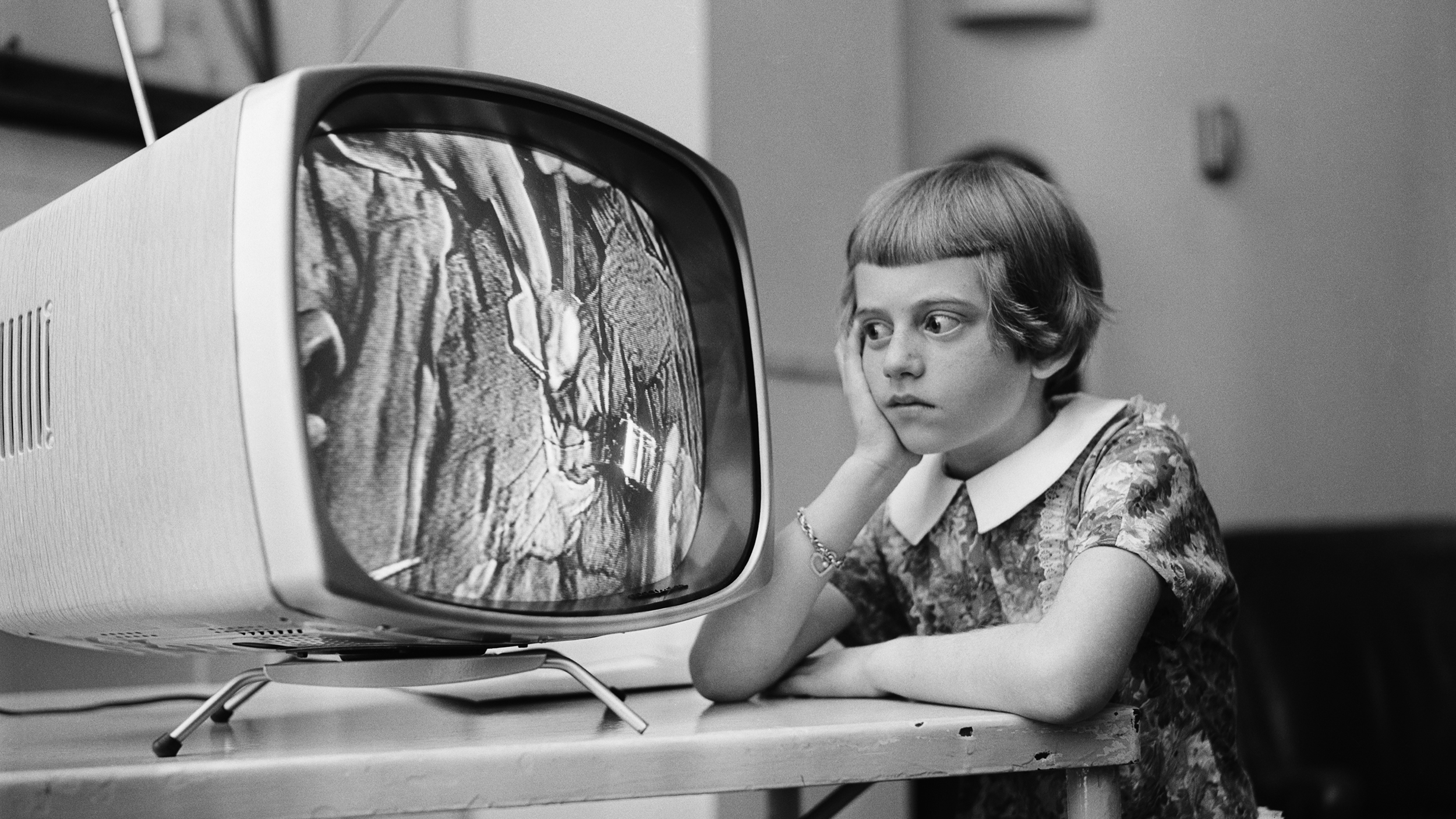An extra half-hour of sleep shown to improve mindfulness

Credit: Jacob Lund / Adobe Stock
- A study of nurses found that an extra 29 minutes of sleep dramatically improved job-related mindfulness.
- Nurses that reported higher mindfulness scores were 66 percent less likely to experience symptoms of insomnia.
- Roughly 70 million American adults suffer from some form of sleep disorder.
Health care requires extreme attention to detail. Surgeons must pay particular attention to every move. Orthopedic surgeons can easily miss revealing details on an x-ray. Perhaps no job in health care requires more multitasking than nursing. Mindfulness is especially important in this field.
A new study from the University of South Florida’s School of Aging Studies, led by assistant professor Soomi Lee and published in the journal Sleep Health, uncovers a critical best practice for nurses: sleep. In this study of 61 full-time nurses in U.S. hospitals, an extra 29 minutes of sleep every night helped these frontline workers be more mindful while on the job.
Mindfulness requires complete attention to detail on the moment in front of you. Derived from Buddhist philosophy, mindfulness became vogue in psychotherapy circles in the seventies, predominantly due to the work of Jon Kabat-Zinn. While the word tends to invoke images of seated meditation practice, mindfulness can be done at all times by anyone, making this focus on nurses especially intriguing.
Nurses are expert multitaskers—the antithesis of mindfulness, though given their job duties, juggling multiple obligations comes with the territory. It’s easy to overlook a blood test or temperature check when the hospital floor is slammed. Mindfulness plays an important role in helping them stay on track without becoming overwhelmed by tasks.
Thanks to long and often grueling shifts—some nurses can be on the floor for 24 hours—sleep problems are common. This is especially true during the COVID-19 pandemic; the emotional toll is causing mental health problems for all frontline workers, which can result in a lack of sleep. A vicious cycle ensues.
For the study, Lee and her team tracked the nurses via self-reported questionnaires on their phones, examining eight sleep variables across five dimensions: satisfaction, alertness, timing, efficiency, and duration. They also reported their levels of attention and awareness while at work. The nurses answered mindfulness and sleepiness questions three times a day for two weeks.
Should you “hack” your sleep pattern? | Vanessa Hill | Big Thinkwww.youtube.com
It shouldn’t be surprising that more sleep leads to greater capacity to focus. Specifically, the nurses that reported greater sleep sufficiency, higher sleep quality, and less insomnia fared best the next day at work. The goal, however, was to track more than awareness. As Lee notes,
“Mindful attention is beyond just being awake. It indicates attentional control and self-regulation that facilitates sensitivity and adaptive adjustment to environmental and internal cues, which are essential when providing mindful care to patients and effectively dealing with stressful situations.”
In a sort of feedback loop, the nurses that reported higher mindfulness scores were 66 percent less likely to experience symptoms of insomnia. About one-third of American adults sleep less than six hours per night. Problems ranging from cognitive decline and weight gain to automobile accidents and immune system issues result from too little sleep.
If car crashes are more likely when drivers aren’t sleeping enough, just think of the number of workplace accidents—an especially harrowing prospect if your job requires sticking needles into patients and monitoring their vitals. With an estimated 70 million Americans suffering from some form of sleep disorder, this is an under-discussed public health crisis.
The feedback loop from Lee’s study shows the necessity of cultivating both more awareness and sleeping better. When you work in health care, it’s not only your health on the line.
—
Stay in touch with Derek on Twitter and Facebook. His new book is “Hero’s Dose: The Case For Psychedelics in Ritual and Therapy.”





